I have received more than 100 emails from people who want to know how to make money in Zimbabwe. Most of these people want a turnkey or push button money making opportunity. Well, I’m here to burst your bubble. Those money making schemes don’t exist in Zimbabwe. The opportunities I share here have got potential to grow your wealth to a push button business but after a lot of work.
Is there money in Zimbabwe Indigenous trees and fruits?
I was in Murehwa a few days ago attending a funeral. As we waited for the body to arrive, I took a walk into the nearby bushes for guavas. What I saw made my nose dilate. It seemed the locals had been outnumbered by these fruit trees. Even the craving for guavas of the more than hundred crowds did nothing noticeable to their numbers. Then a thought struck me. Their great taste had to be rewarded by a great price. The situation wasn’t like that locally.
I remembered my trip to Domboshava curves early January. We took a walk into the woods (mujiri). We spend more than 30 minutes from tree to tree enjoying my best indigenous fruit mazhanje. Again, I felt that their great test had to be rewarded by a great price. I got to work. I listed a number of these fruits and my list had something like this:
“Until you know value, everything is worthless,”
These were the direct words from one of my early childhood mentors and they stuck with me. I apply that simple statement every time I am faced with an opportunity together with the Red Car Theory which I teach in my Mastermind Coaching Classes. I applied the same principle to the guava field in Murehwa and my findings were simple yet powerful.
People put little value on indigenous trees yet their produce and value is imported from far away land not knowing the same principle that result in the same imported products being expensive could be applied to our very own local stuff. Imagine how low the cost of a 20 litre bucket of Mazhanje or guavas at Mbare Musika is. Could it be because supply outweighs demand or because they are available for free? Could this blind us to think these fruits have no value at all even in other markets. If we only knew, we wouldn’t destroy these trees, clearing large expanse of land to plant maize whilst clearing away potential millions of dollars.
Recently I bought a guava from an Asian supermarket because I was craving for one. The guava looked succulent and it was begging me to pick it up and so I did but I was hit by nostalgia and I realised I’ve never tasted better guavas than the ones that grow in Zimbabwe. The fruit was highly priced at 89pence but that didn’t stop me. Had I gone to the market I would have come back with a few guavas for a £1. Guavas are widely available in the fruit and vegetable markets and they are priced between £1 a bowl and two bowls for £1.50. A small bowl will be filled to the brim with guavas and the price is reasonable. However, in other stores they are highly priced and they are sold per kilogram. It suddenly dawned on me how nice it would be to have Zimbabwe’s indigenous fruits in the UK. Marks & Spencer, Britain’s largest retail store used to sell mangoes imported from Zimbabwe and they still import their grapes and avocados from Africa.
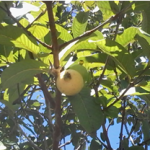
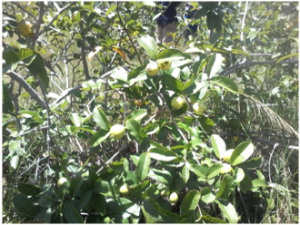
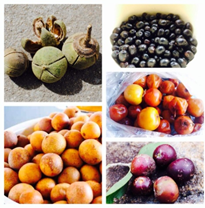
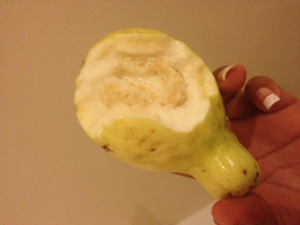
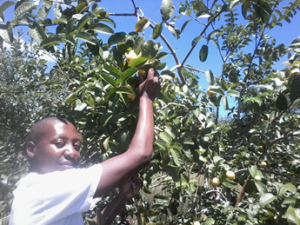


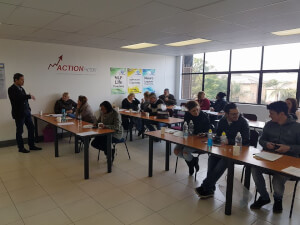
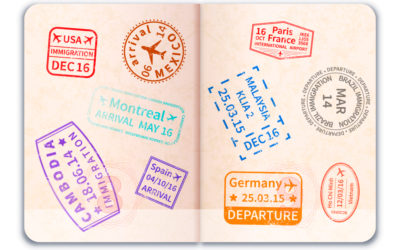
0 Comments